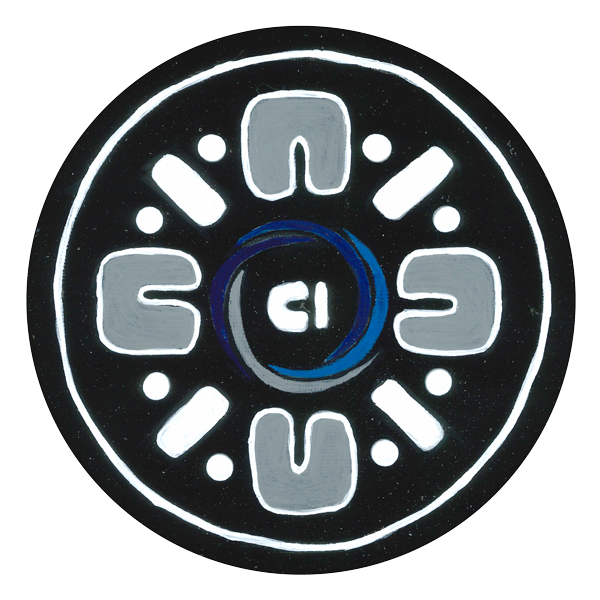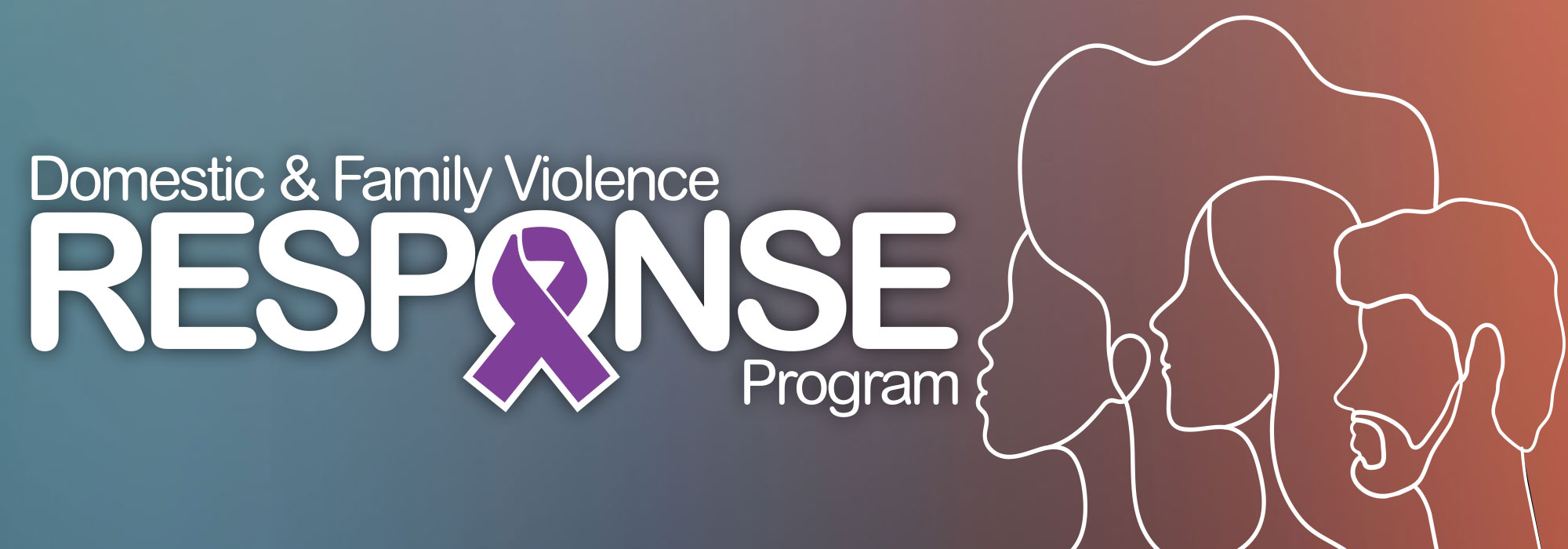Domestic & Family Violence Response Program
CatholicCare provides critical domestic and family violence services to:
Rockhampton, Yeppoon, Blackwater, Emerald & Longreach
Our local response teams understand the complex reality of domestic and family violence and offer support and services to all those affected, be they victims, survivors, children, or perpetrators.
Help is Available
Whether you are experiencing violence yourself, at risk of experiencing violence, or are worried about someone else, our highly-skilled and professional team can provide you with the knowledge and support that you need to assess your options in a safe environment. We work to connect you with the services and supports that are right for you.
This can include:
- Options for individuals experiencing, or at risk of experiencing violence
- Risk assessment, safety planning, and security option consultations
- Counselling
- Child witness support
- Court support
- Men’s healing and change programs
- Woman’s healing and change programs
If immediate help and support are required, DV Connect offers a 24-hour Domestic Violence Free Call Helpline.
If you are in immediate danger, hang up and dial 000.
A Culturally Safe Response
CatholicCare is partnered with local indigenous healing centre, Helem Yumba
For anyone who prefers to access supports centred specifically around Indigenous values, protocols and approaches, Helem Yumba works alongside CatholicCare Central Queensland to ensure that these supports are readily available.
If you identify as Aboriginal, Torres Strait Islander, or Indigenous, you may prefer to access domestic and family violence services through Helem Yumba.
You can call Helem Yumba directly on
Identifying Domestic and Family Violence
Domestic and family violence is a form of relationship abuse.
Relationship abuse is any behaviour that causes the other person to experience physical (threatened or actual), psychological or emotional harm.
There are many different types of abuse:
Physical Abuse
This can include things such as:
- Hitting
- Kicking
- Slapping
- Pushing
- Shaking
- Choking
- Using weapons
- Threats
Social Abuse
This can include things such as:
- Monitoring movements and personal interactions
- Repeated phone calls, text messages, emails
- Monitoring phone calls and social media
- Following or tracking
- Contacting other people to gain personal information
- Deprivation of outside contact
- Public criticism
- Controlling of appearance and wardrobe
- Stalking
Sexual Abuse
This can include things such as:
- Any indecent treatment, including touching, groping or exposing body parts
- Being pressured/forced to take nude photos
- Being pressured/forced to perform sexual acts
- Rape
Spiritual & Cultural Abuse
This can include things such as:
- Obstructing the practice of spiritual beliefs
- Ridicule of spiritual & religious beliefs
- Limiting or forbidding the use of native language or the cooking of cultural foods
- Obstructing the practice or participation in cultural gatherings and ceremonies
Verbal, Psychological & Emotion Abuse
This can include things such as:
- Threatening (to commit harm to self or others, including pets)
- Damaging property
- Engaging in coercive behaviour
- Controlling
- Criticising
- Name calling
- Humiliating
- Ignoring
- Being jealous
- Being aggressive
- Manipulating
Who Else Can Help?
In an emergency, always dial 000
- DV Connect (Women’s Line) 1800 811 811
- DV Connect (Men’s Line) 1800 600 636
- Legal Aid Queensland 1300 651 188
- Women’s Legal Service 1800 677 278
- Queensland Indigenous Family Violence Legal Service 1800 877 700
- Hearing Impaired TTY 1800 550 660
- Interpreting and Translating Service 131 450
Having a Safety Plan
Be prepared.
Plan what you will do if you are in danger and need to leave quickly:
- Decide who you will call if you feel threatened or in danger (e.g. police, neighbour, relative or friend)
- Decide where you will go if you need a safe place (e.g. a friends house, a crisis house or a women’s shelter)
- Practice travelling to the location that you have chosen as a safe place
- If you have children, develop a safety plan identifying a safe place for them to go
- Decide what arrangements you might need to make for your pets if they are at risk of harm
- If possible, save some money for a taxi, bus or train for emergency transportation to a safe place
- Keep extra keys to your house and car in a safe place
- Make a list of emergency phone numbers
- Strongly consider keeping some clothing, medications, important papers, keys and some money with someone that you can trust
Counselling Service
Counselling can offer tools and strategies for coping with intense emotions and making non-violent choices. Counselling services are available to anyone experiencing or perpetrating domestic and family violence
Our counsellors are tertiary qualified, experienced and highly professional.
While counselling services provided are confidential, there are some limitations. Confidentiality limitations can include:
- Informing a relevant organisation / entity of any risks of harm to yourself or others
- Informing a relevant organisation / entity of any child protection concerns or criminal activity
Child Witness Support
For children exposed to violence within the home, the concern is not only for their health and safety, but also their psychological and behavioural development.
The aim of Child Witness Counselling is to:
- Provide a supportive response to children and young people who have been affected by domestic or family violence, through a free and confidential service.
- Help mothers and other primary care givers in supporting children and young people affected by domestic and family violence
- Provide information and raise community awareness through education and training.
Proudly provided by


Traditional
Acknowledgment
In the spirit of reconciliation, CatholicCare recognises the traditional custodians of the land. We pay our respects to the Elders – past, present and future – for they hold the memories, the traditions, the culture and hopes of Indigenous Australia.
Catholic Diocese
Reconciliation Action Plan
Read Now



